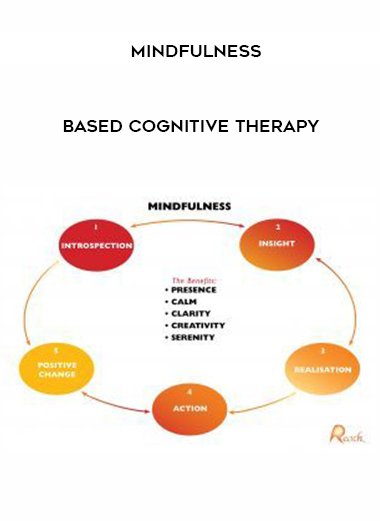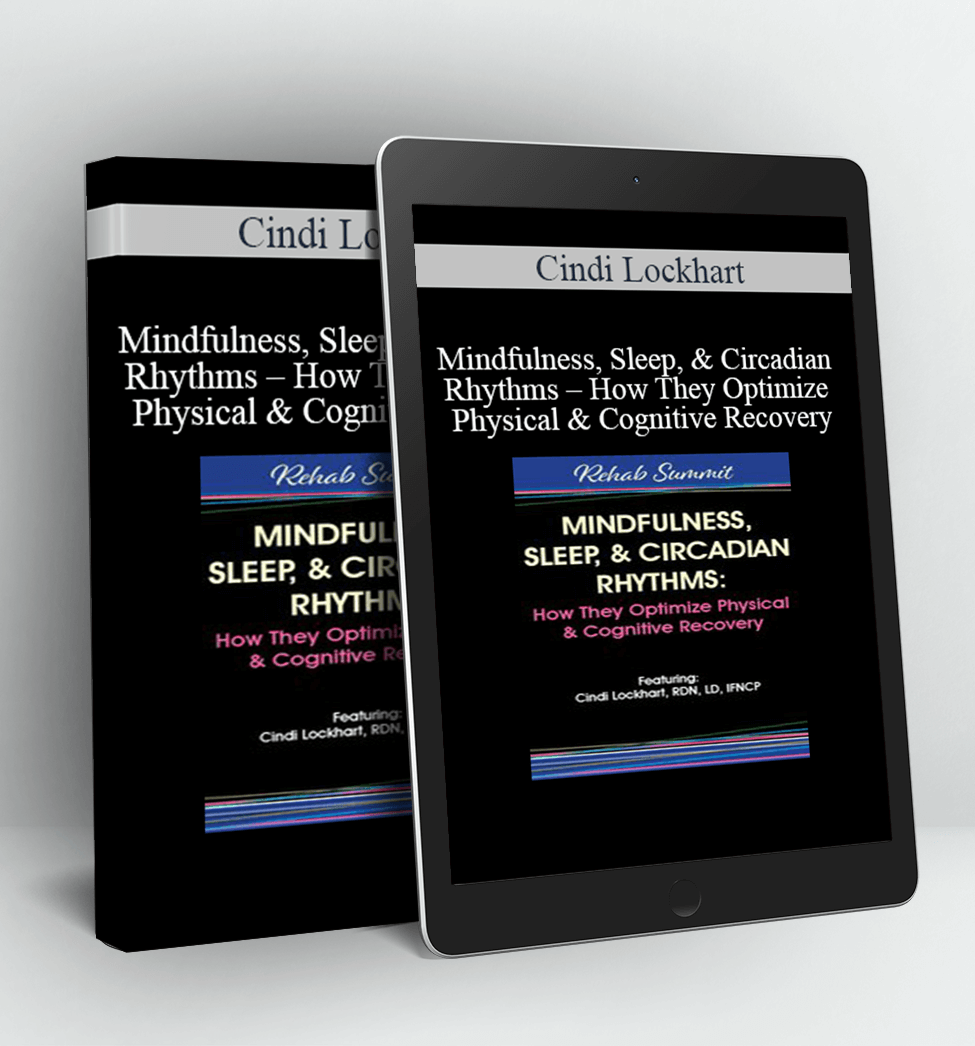Want this seminar immediately? Choose a downloadable podcast or streaming on-demand.
Mindfulness-Based Cognitive Therapy (MBCT) offers a unique blend of two solid therapeutic approaches—Cognitive Therapy and mindfulness Practice. These two therapies are on the cutting-edge of evidence-based psychotherapy today. Combined, they are proven effective for a wide range of psychological disorders including depression, anxiety, addictive diseases, chronic pain and personality disorders. Teach your clients to understand the mind and to let go of critical, judgmental thinking, achieve inner stillness and expand inner and outer awareness for lasting physical and mental well-being.
Scientific research utilizing SPECT, PET and MRI has demonstrated positive and often permanent structural and functional changes in the brain associated with mindfulness and related practices.
End this seminar recording and immediately apply the best cognitive therapy strategies and mindfulness approaches. You will greatly enhance your treatment effectiveness and improve your clients’ lives.
objectIVES
Combine the principles and practices of Cognitive Therapy and Mindfulness Meditation to maximize client outcomes
Apply five Mindfulness Meditation approaches in treatment
Utilize six effective Cognitive Therapy approaches in treatment
Understand and teach clients an Eastern orientation to the mind, ego, intellect, emotions, body, Higher Self
Implement a structured MBCT approach to prevent relapse to depression and addiction
Expand practitioner clinical skill set to assist in the treatment of common physical disorders
OUTLINE
Understanding Mindfulness-Based Cognitive Therapy (MBCT)
Theory, practice and research on mindfulness-based cognitive therapy
The roots of mindfulness practice
How cognitive techniques work with mindfulness approaches
Limiting beliefs
Distorted thinking
Developing a new orientation to thoughts/experiences
The Effects of MBCT
The neurophysiology of meditation
Neuroplasticity
Specific brain changes
Mindfulness practice in daily activity
Positive changes in identity from MBCT
Applying Cognitive Therapy Techniques
Countering techniques
Perceptual shifting
Paradoxical techniques
Conditioning techniques
Progressive image modification
Logical analysis
The Specifics of Mindfulness Meditation
Mindfulness Practice—step-by-step
Posture
Breathing
Instructions for dealing with thoughts and feelings
Developing non-resistance
Activating disengagement
Developing innocent awareness
Reducing the frame to moment-to-moment awareness
Creating spaciousness
Five variations of mindfulness meditation practice
Meditation practicum—Therapist’s personal practice of Mindfulness Meditation
Applying Evidence-Based MBCT in Clinical Practice
Preparing a client for mindfulness practice
Using evidence-based MBCT protocols for:
Anxiety and panic
Anger management
Chronic pain & physical disorders
Depression
Addiction
Beyond MBCT—Integrating MBCT with other Approaches
Mindfulness Plus—MBCT and other meditation techniques
Ayurvedic approaches
Positive psychology approaches
Case examples & treatment planning
Get Mindfulness-Based Cognitive Therapy on intellarea.com right now!
ABOUT DAVID O’CONNELL, Ph.D.
David F. O’Connell, Ph.D. is a psychologist with Berkshire Psychiatric and Behavioral Health Services in Reading, Pennsylvania. He is a consultant to Caron Addiction Treatment Centers, LifeWorks of London, England, and a trainer for the Rutland Center, Dublin, Ireland. He is the author of seven books on mental health and addictions treatment including his latest work, The Wisdom Way: Coping with Chronic Illness through Spirituality: A 21-Day Program (in press).
David is a long-term practitioner of meditation techniques. His work on cognitive therapy appears in Dual Disorders: Essentials for Assessment and Treatment (Haworth) and Cognitive Therapy with Children and Adolescents: A casebook for clinical practice (Guilford). His work on meditation includes Awakening the Spirit (Publish America) and Self Recovery: Treating Addictions using Transcendental Meditation and Maharishi Ayurveda (Harrington Park). He has appeared on National Public Radio and his ideas have appeared in articles in the New York Times and Men’s Health Magazine.
Mindfulness-Based Cognitive Therapy [4 DVDs]+ [2 PDFs]










